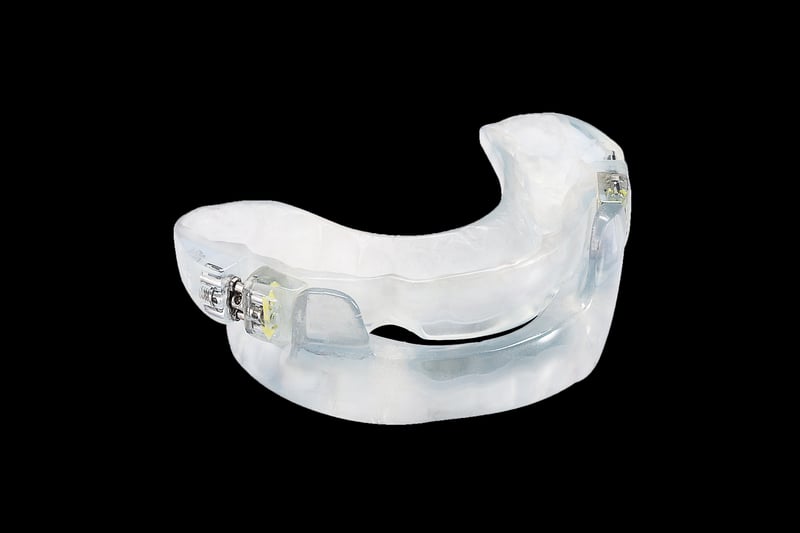Sleep Disorders
Enhance Your Sleep Quality and Learn About Common Sleep Disorders
Tips for Better Sleep Quality
Sleep is essential for overall well-being and good health. If you struggle with getting a good night's sleep, try implementing these tips to enhance your sleep quality:
- Avoid caffeine and nicotine close to bedtime.
- Establish a regular sleep schedule by going to bed and waking up at the same time every day.
- Create a relaxing bedtime routine, such as reading a book or taking a warm bath.
- Ensure your sleep environment is conducive to rest, with a comfortable mattress and pillows.
- Avoid screens (phones, tablets, computers) before bedtime as the blue light can disrupt your sleep.
- Stay active during the day with regular exercise, but avoid vigorous activity close to bedtime.
- Limit naps during the day, especially in the late afternoon or evening.
- Manage stress through relaxation techniques like deep breathing, meditation, or yoga.
Common Sleep Disorders
Sleep disorders can significantly impact your quality of life. Here are some common sleep disorders you should be aware of:
1. Insomnia
Insomnia is characterized by difficulty falling asleep or staying asleep. It can be caused by stress, anxiety, depression, or poor sleep habits.
2. Sleep Apnea
Sleep apnea is a serious disorder where breathing repeatedly stops and starts during sleep. It can lead to daytime fatigue, high blood pressure, and other health issues.
3. Restless Leg Syndrome (RLS)
RLS is a condition characterized by an uncontrollable urge to move your legs, often due to discomfort or aching sensations. It can disrupt sleep and lead to daytime drowsiness.
4. Narcolepsy
Narcolepsy is a neurological disorder that affects the control of sleep and wakefulness. People with narcolepsy may experience excessive daytime sleepiness and sudden sleep attacks.
5. Parasomnias
Parasomnias are abnormal behaviors that occur during sleep, such as sleepwalking, night terrors, or REM sleep behavior disorder.
It's important to consult a healthcare professional if you suspect you have a sleep disorder to receive an accurate diagnosis and appropriate treatment.
Conclusion
Prioritizing good sleep hygiene and addressing any underlying sleep disorders are crucial for maintaining optimal health and well-being. By making small changes to your daily routine and seeking help when needed, you can improve your sleep quality and overall quality of life.





